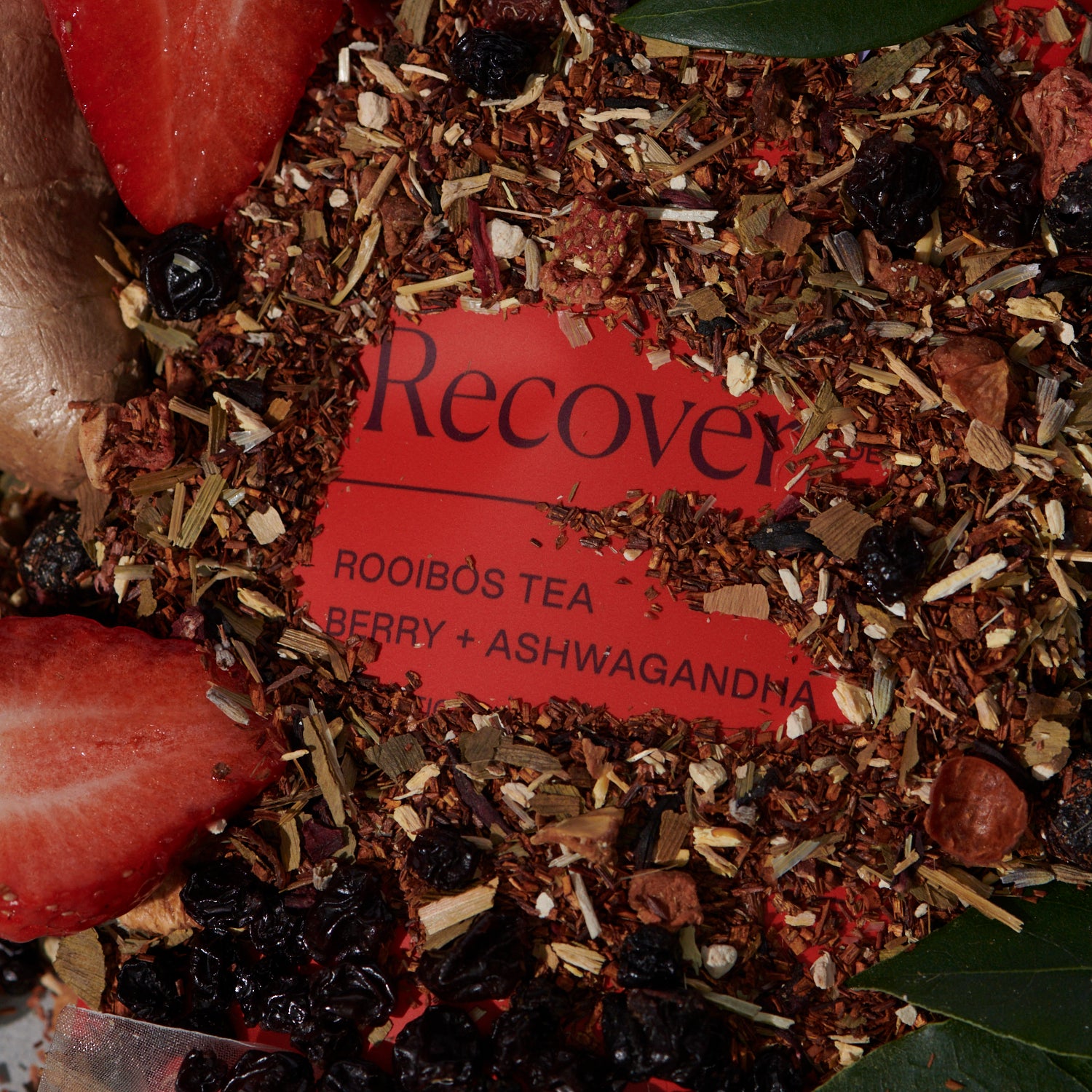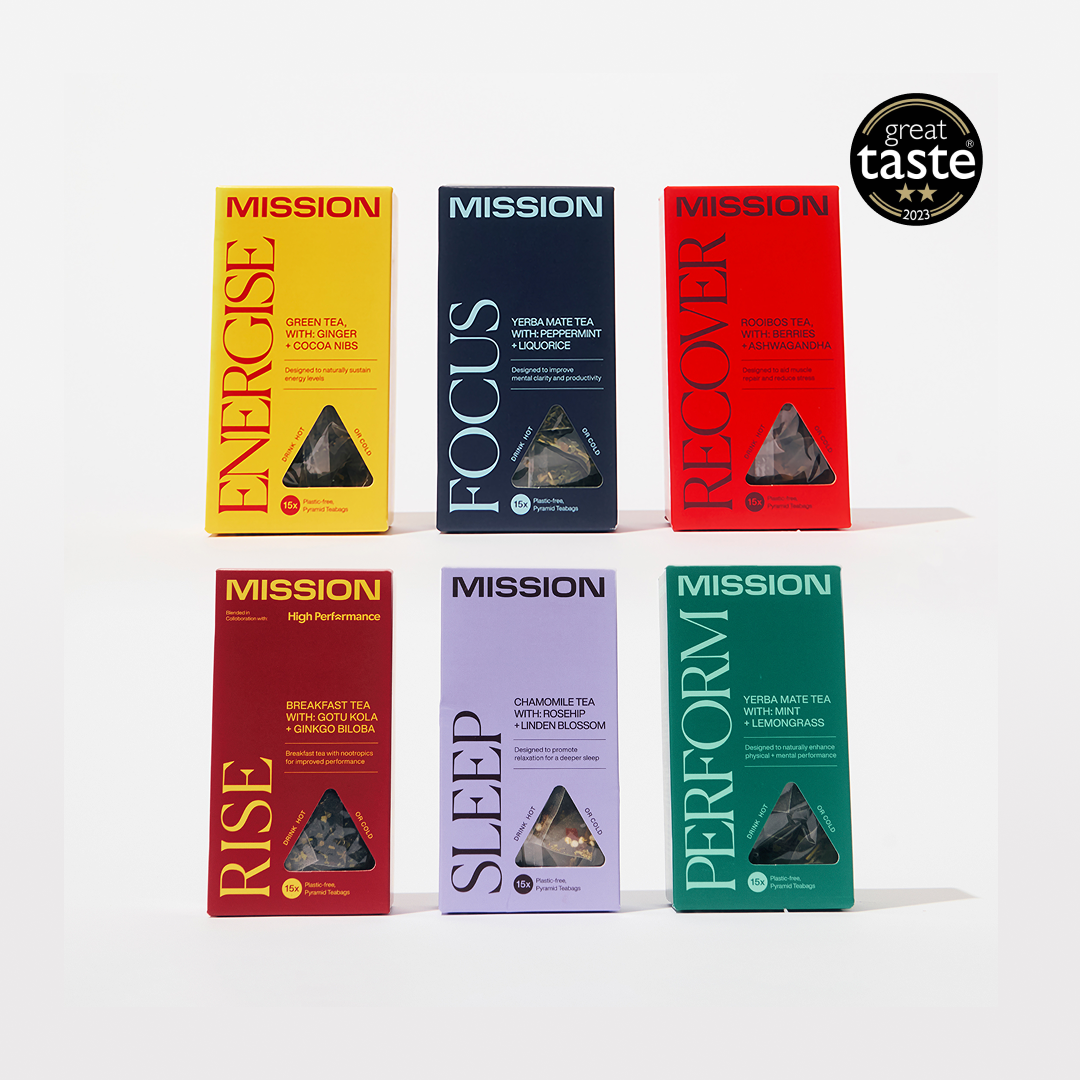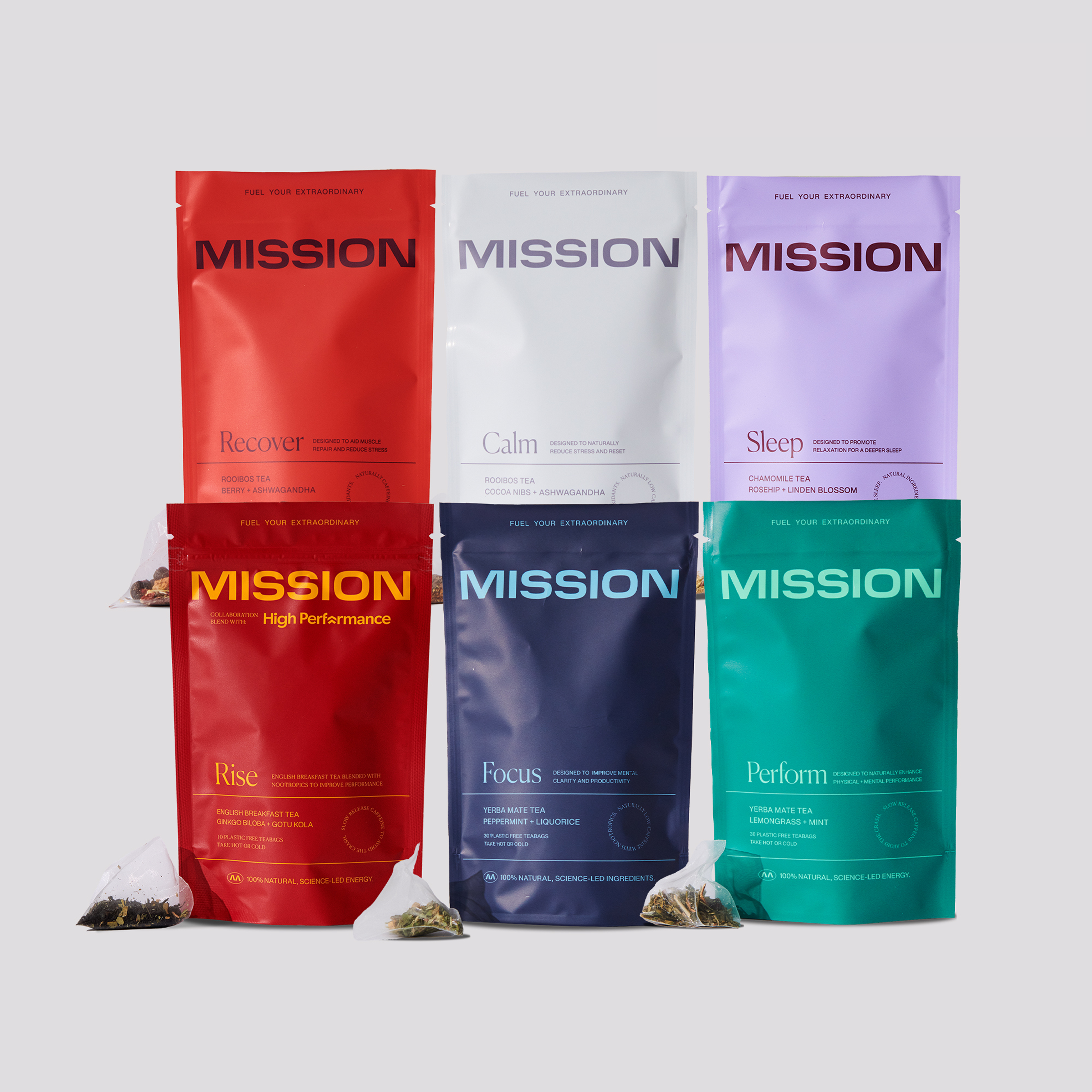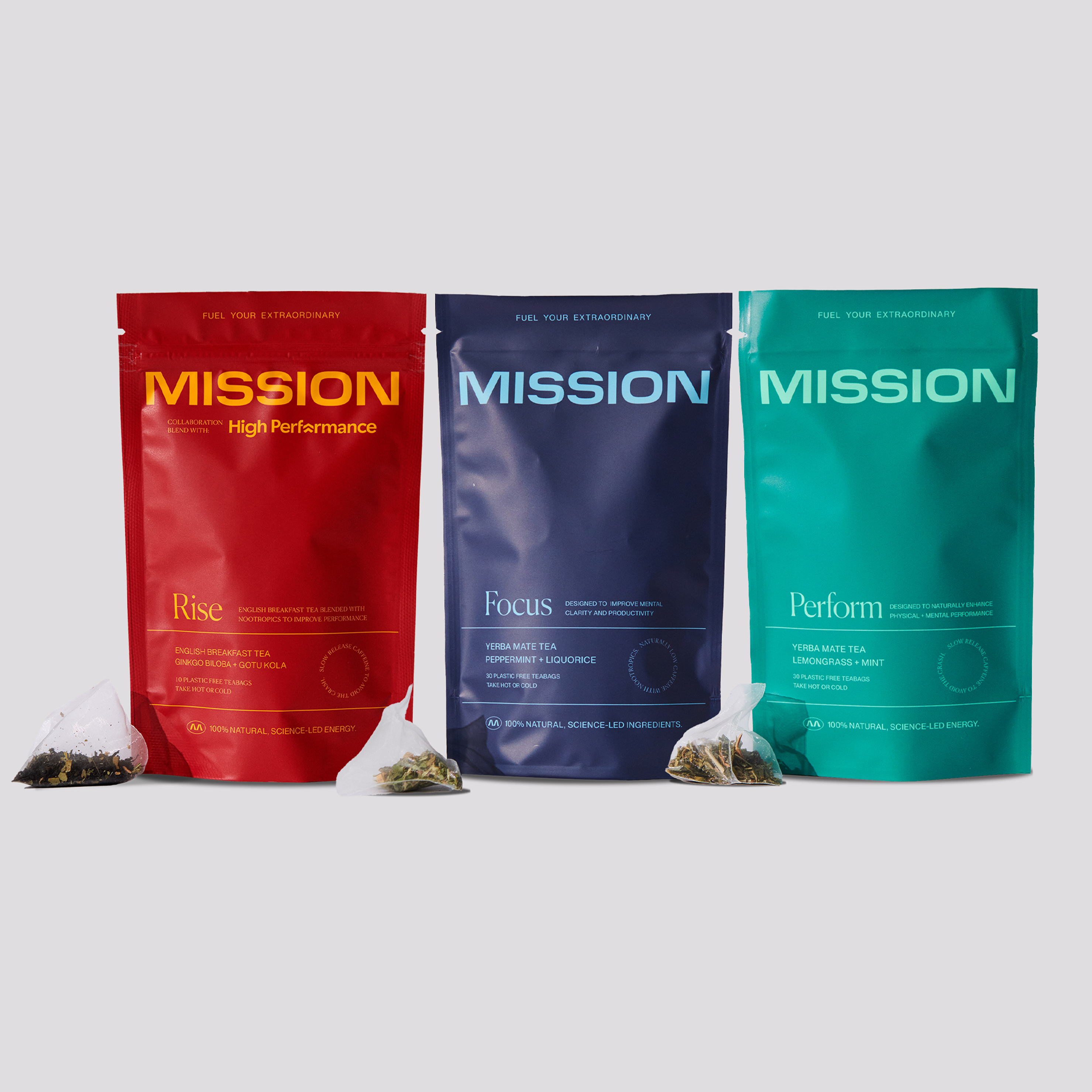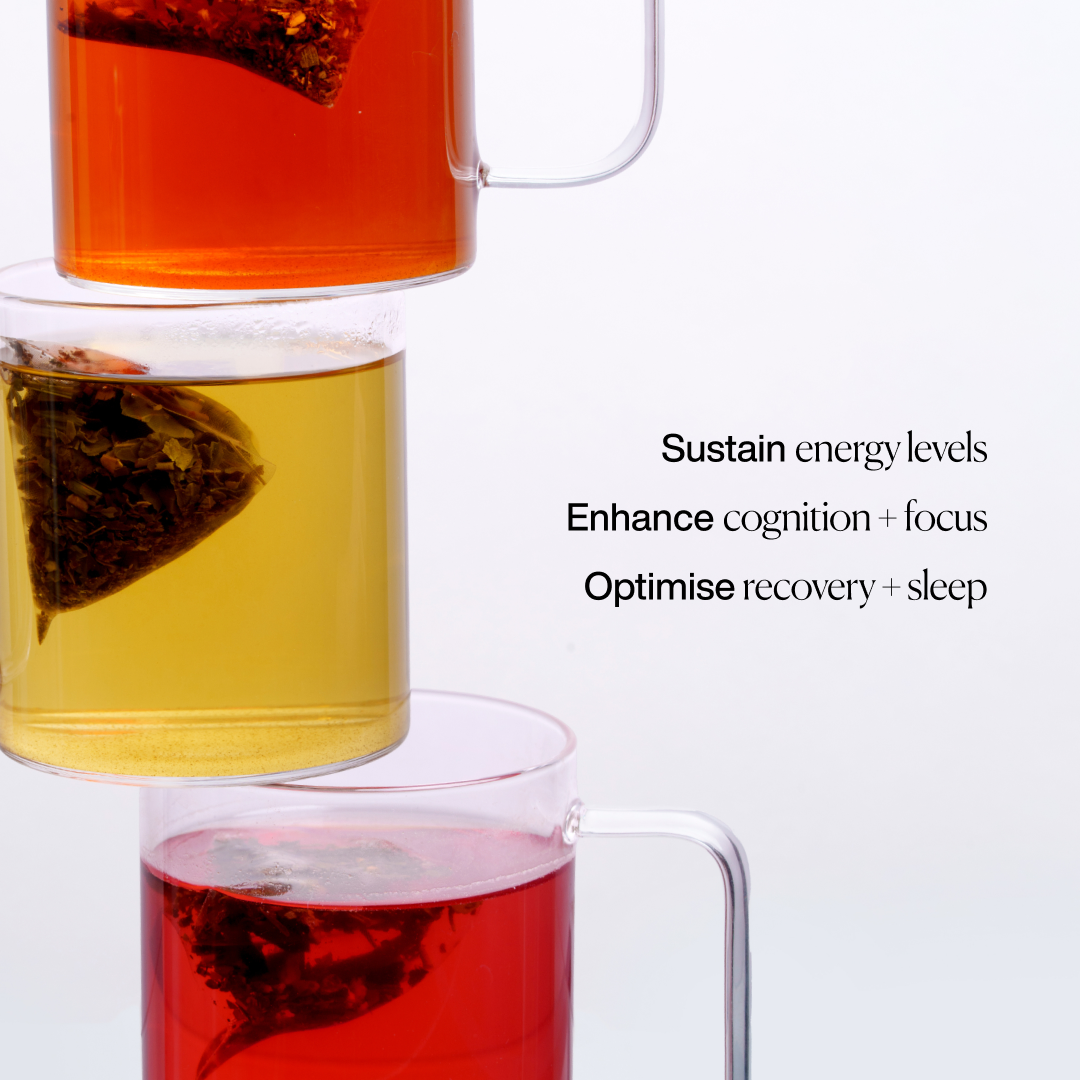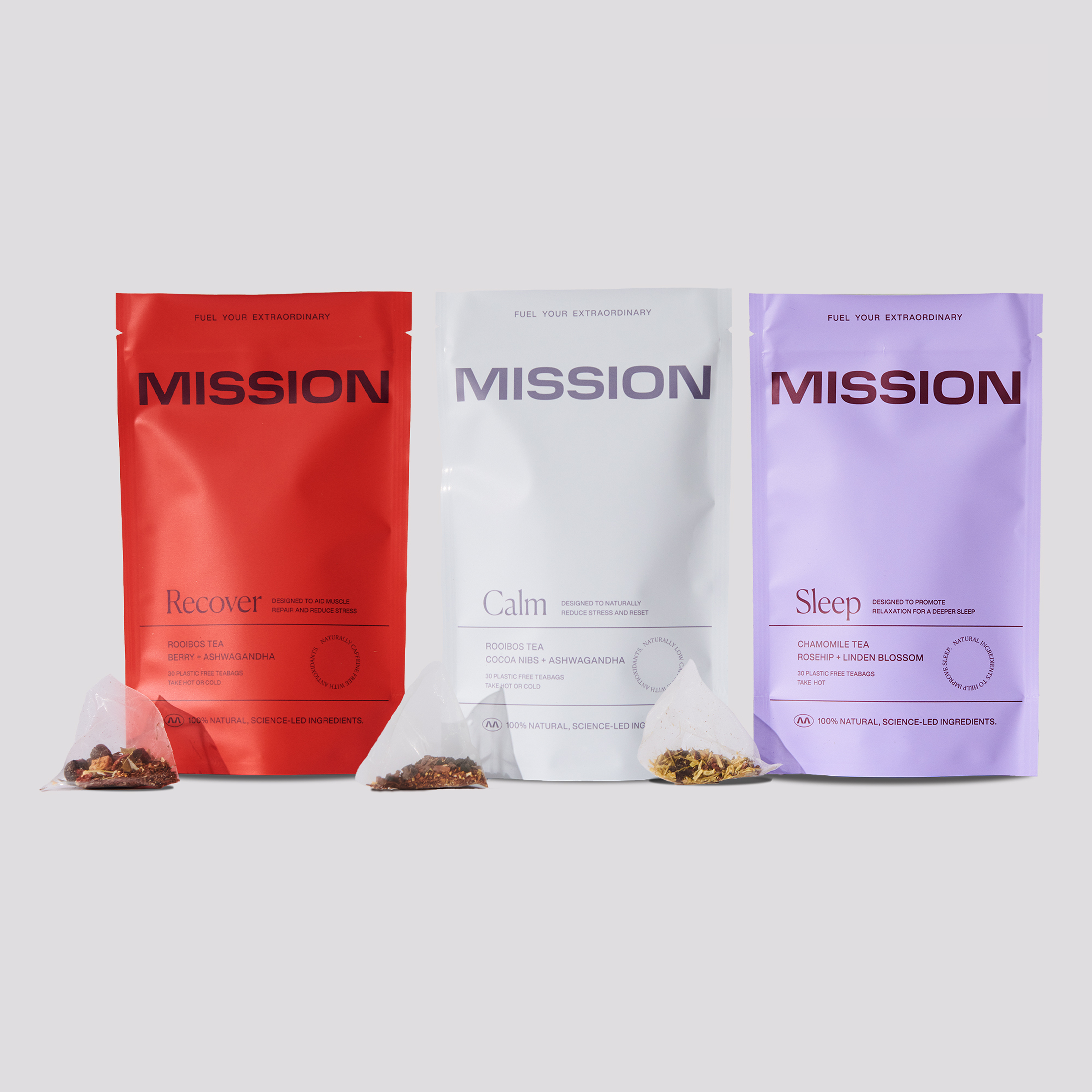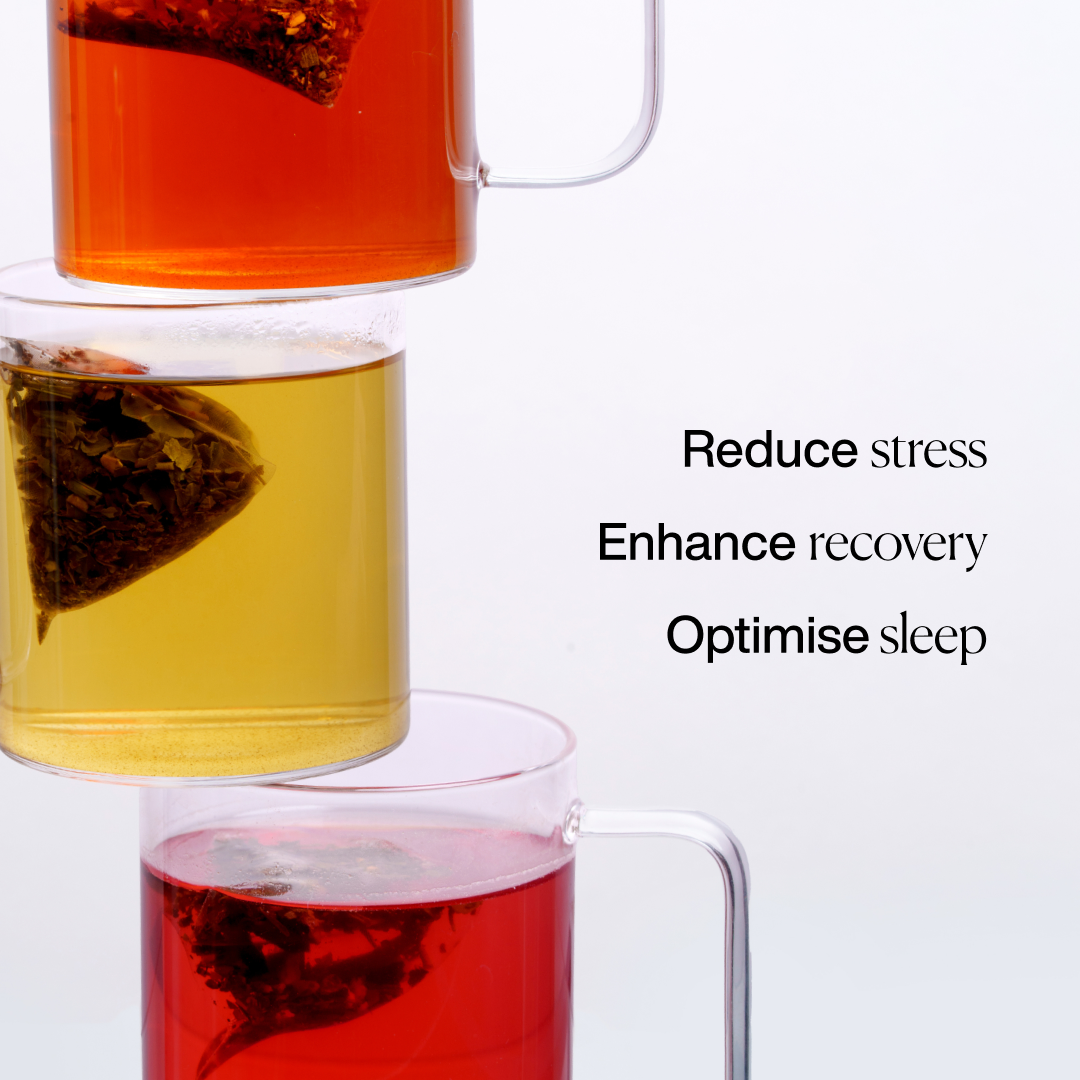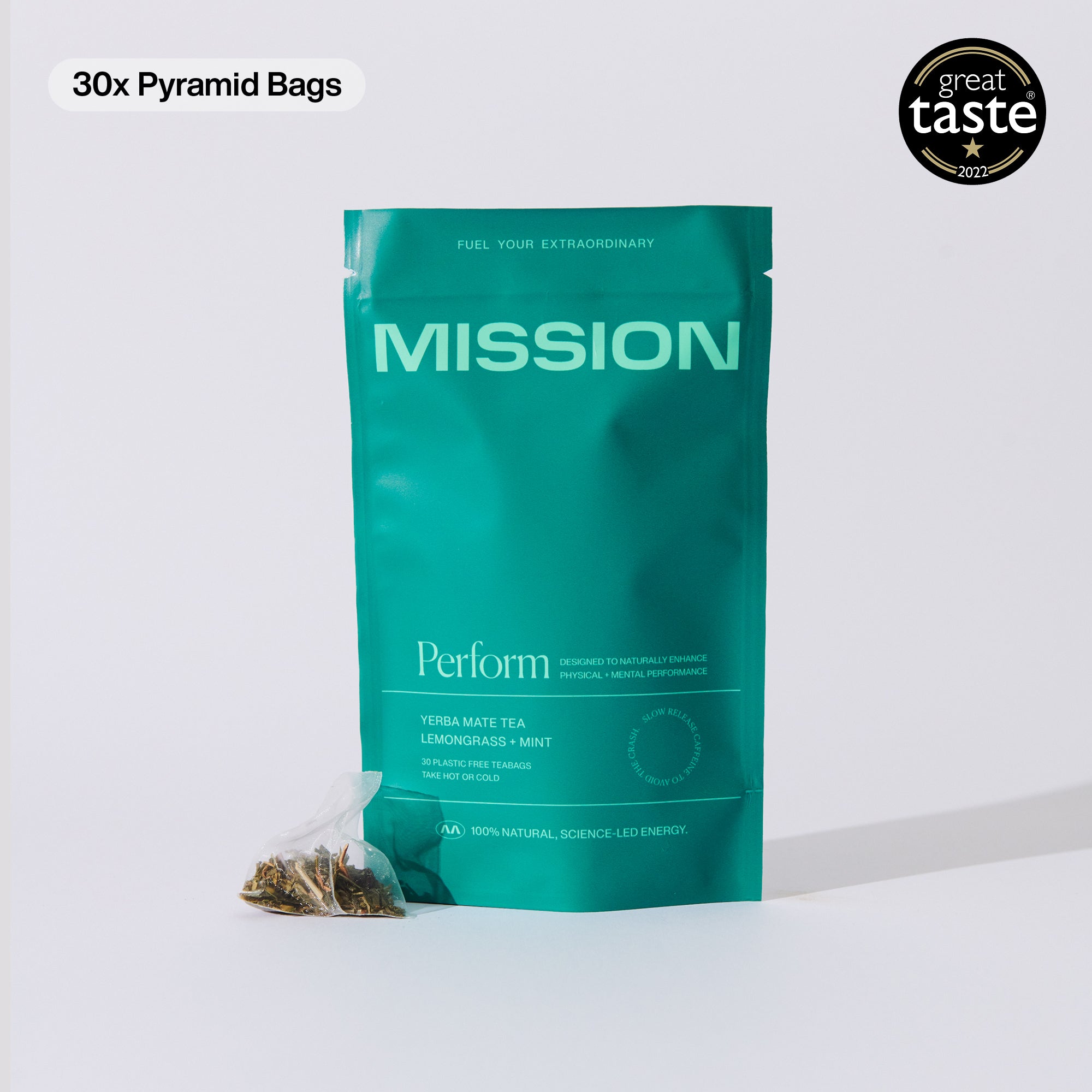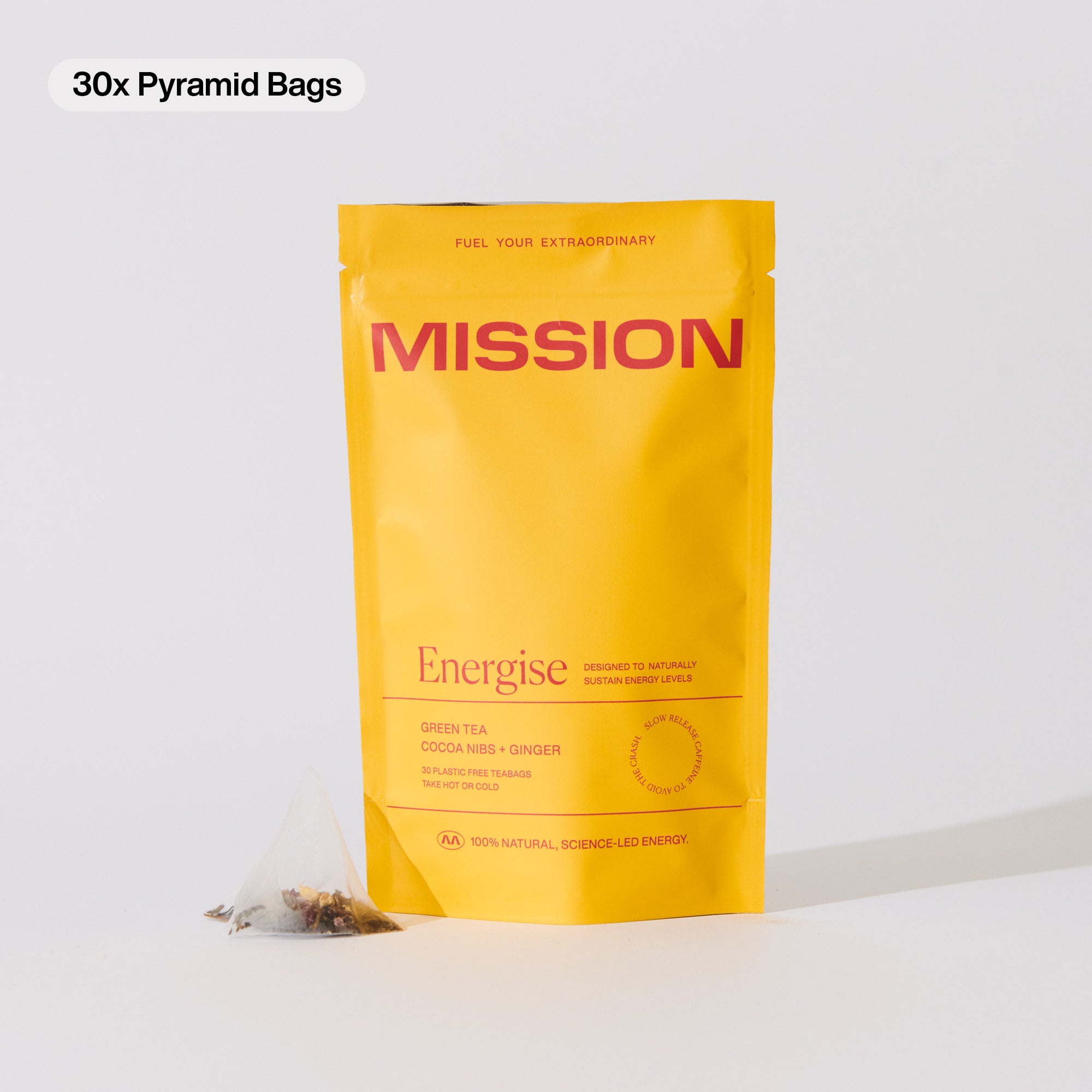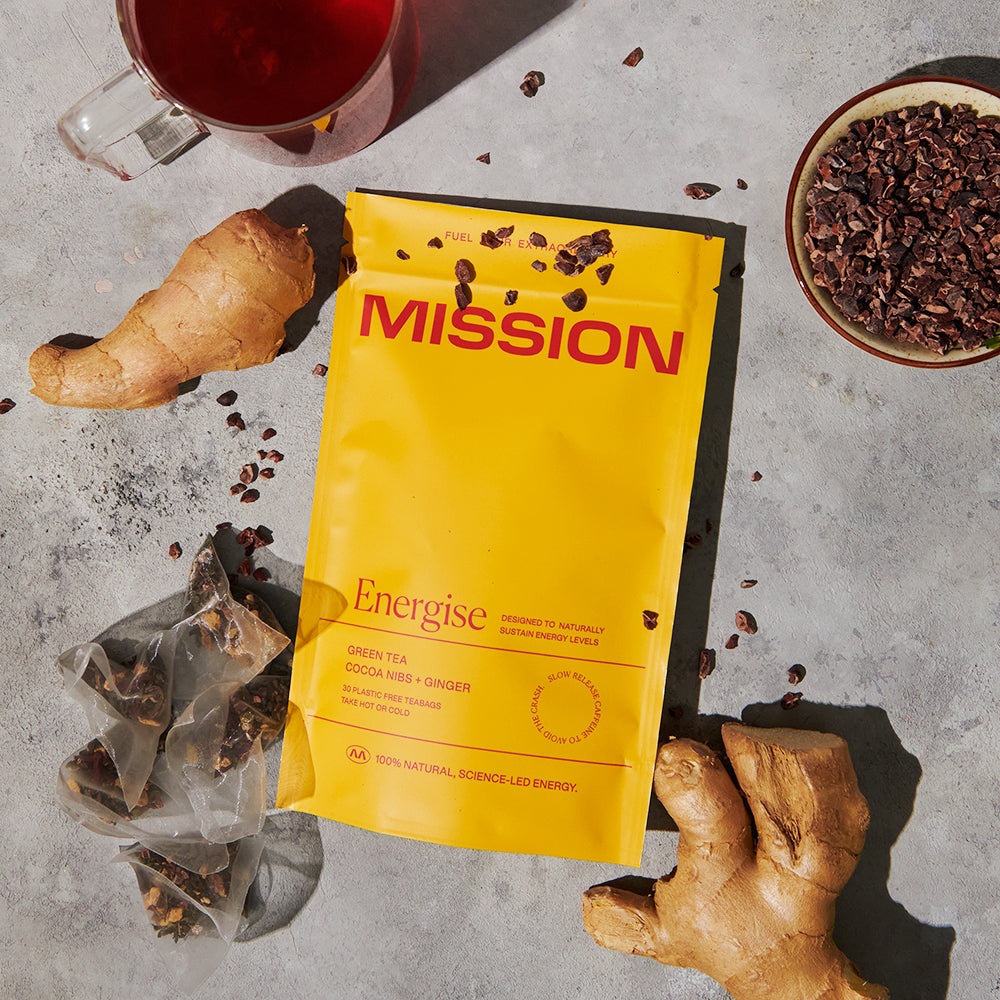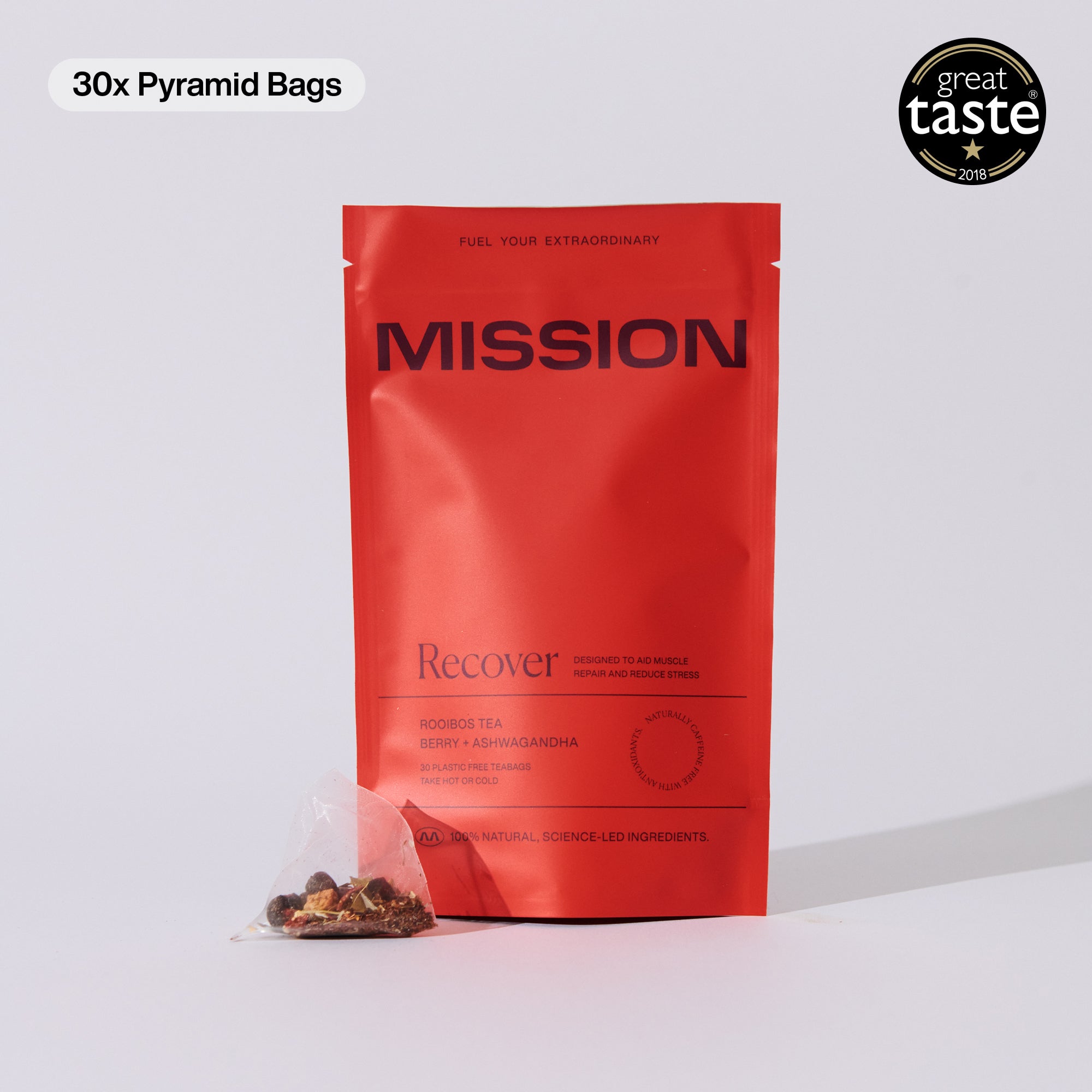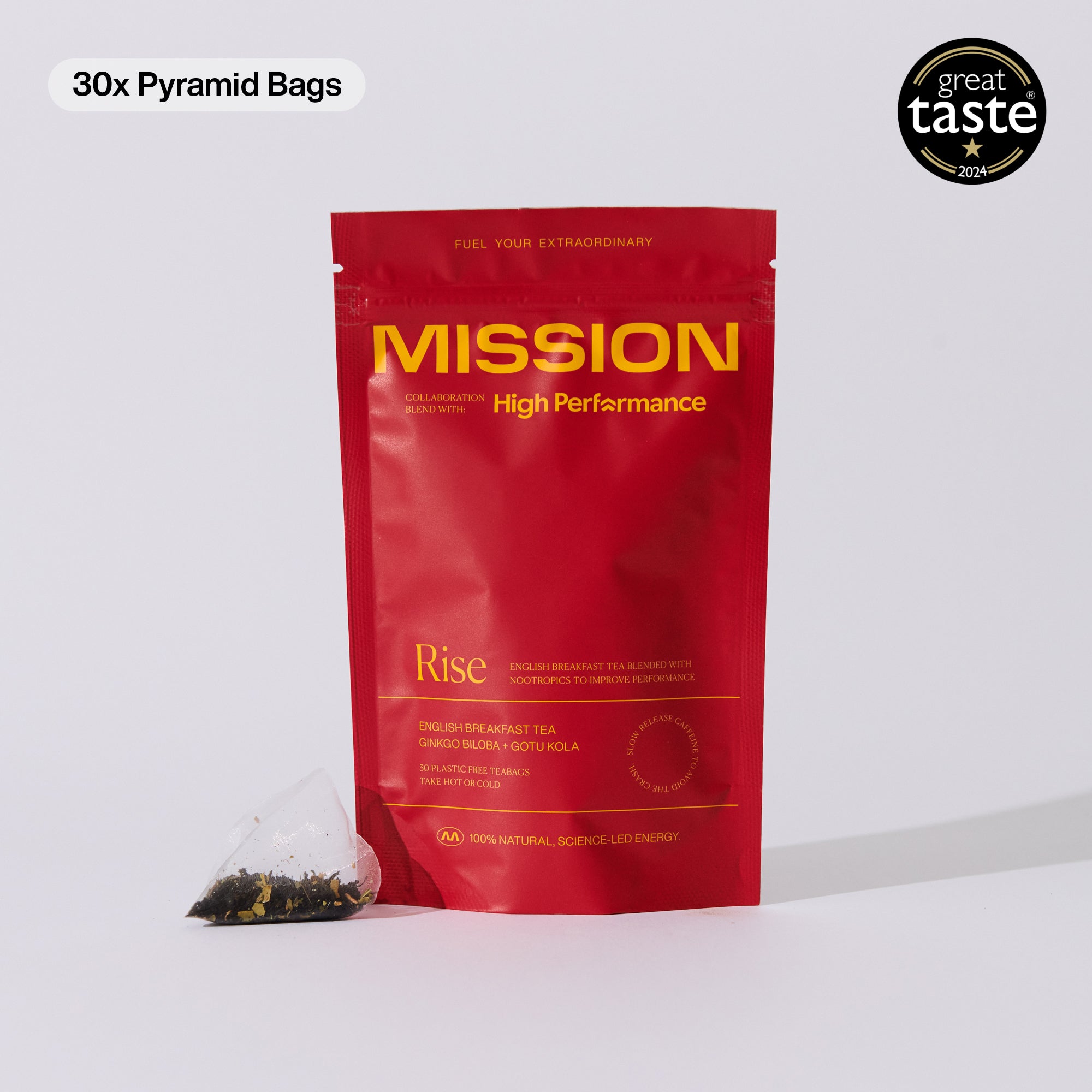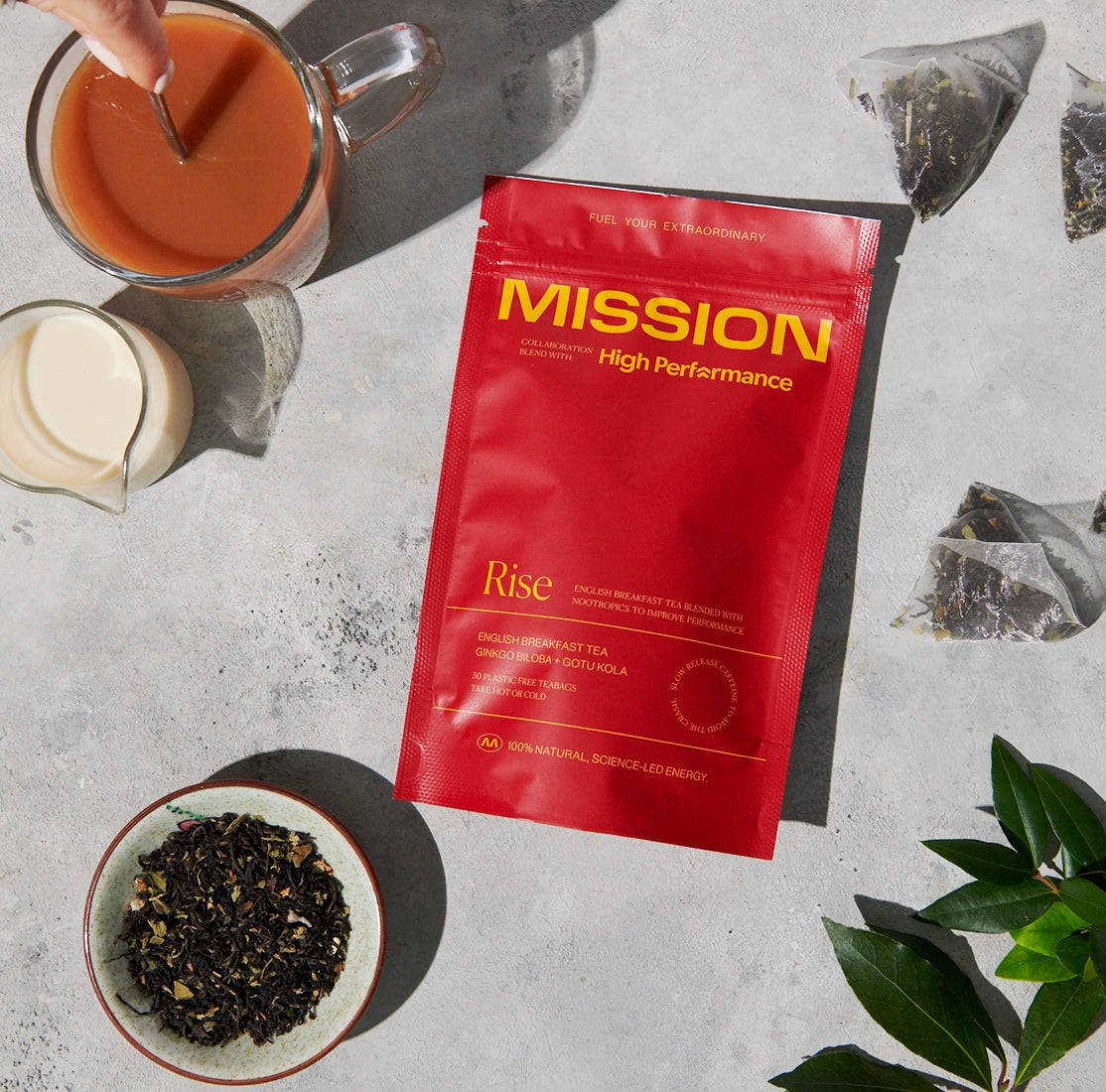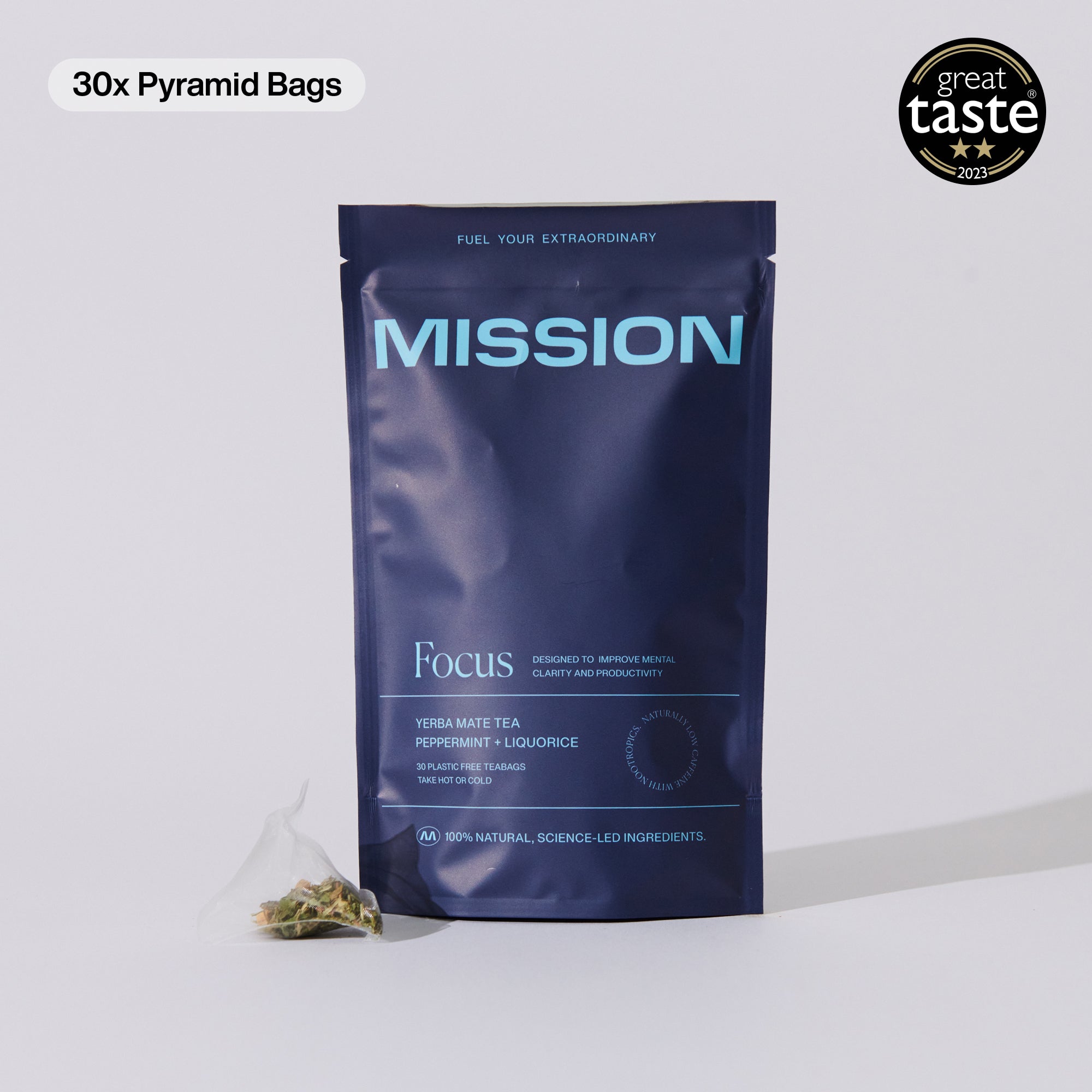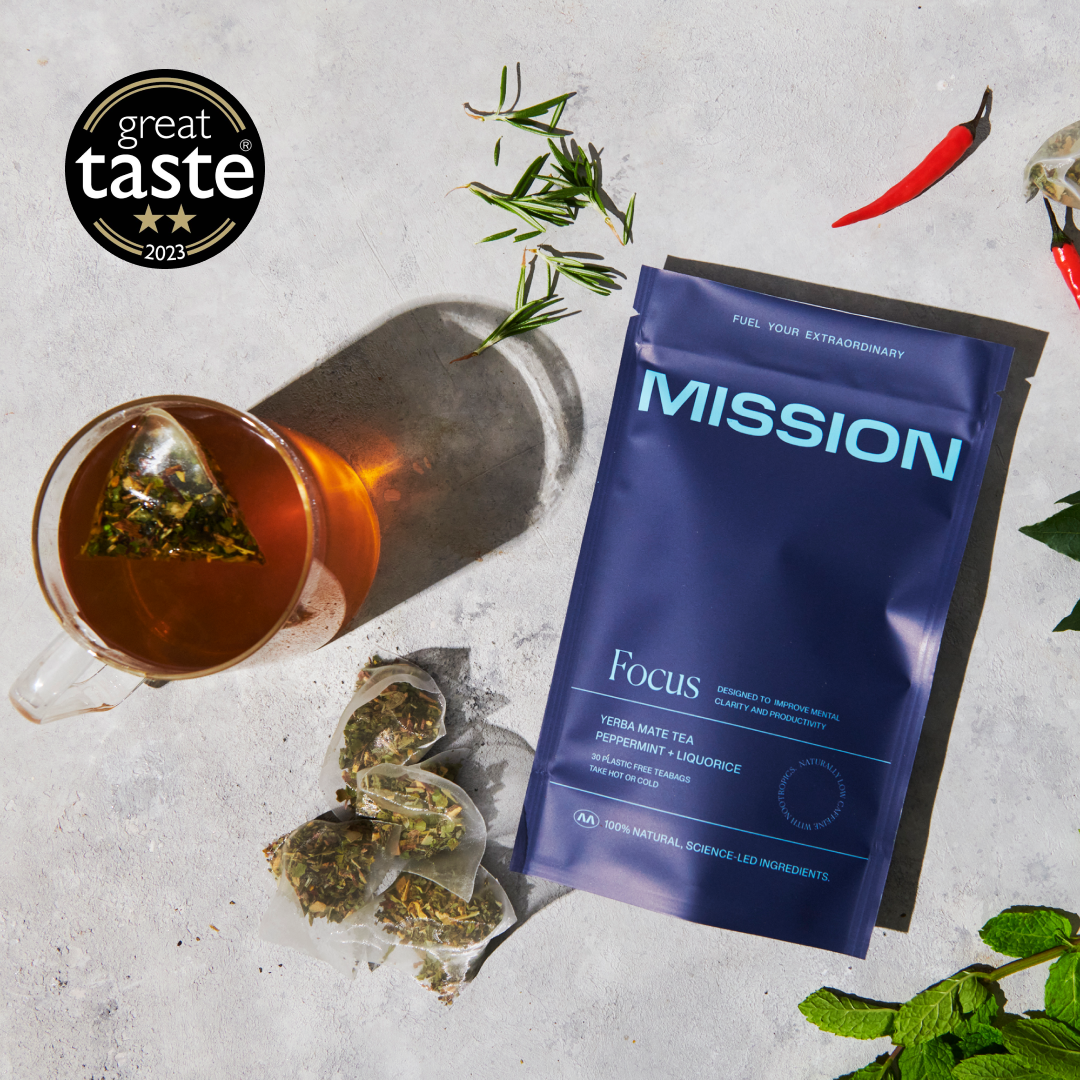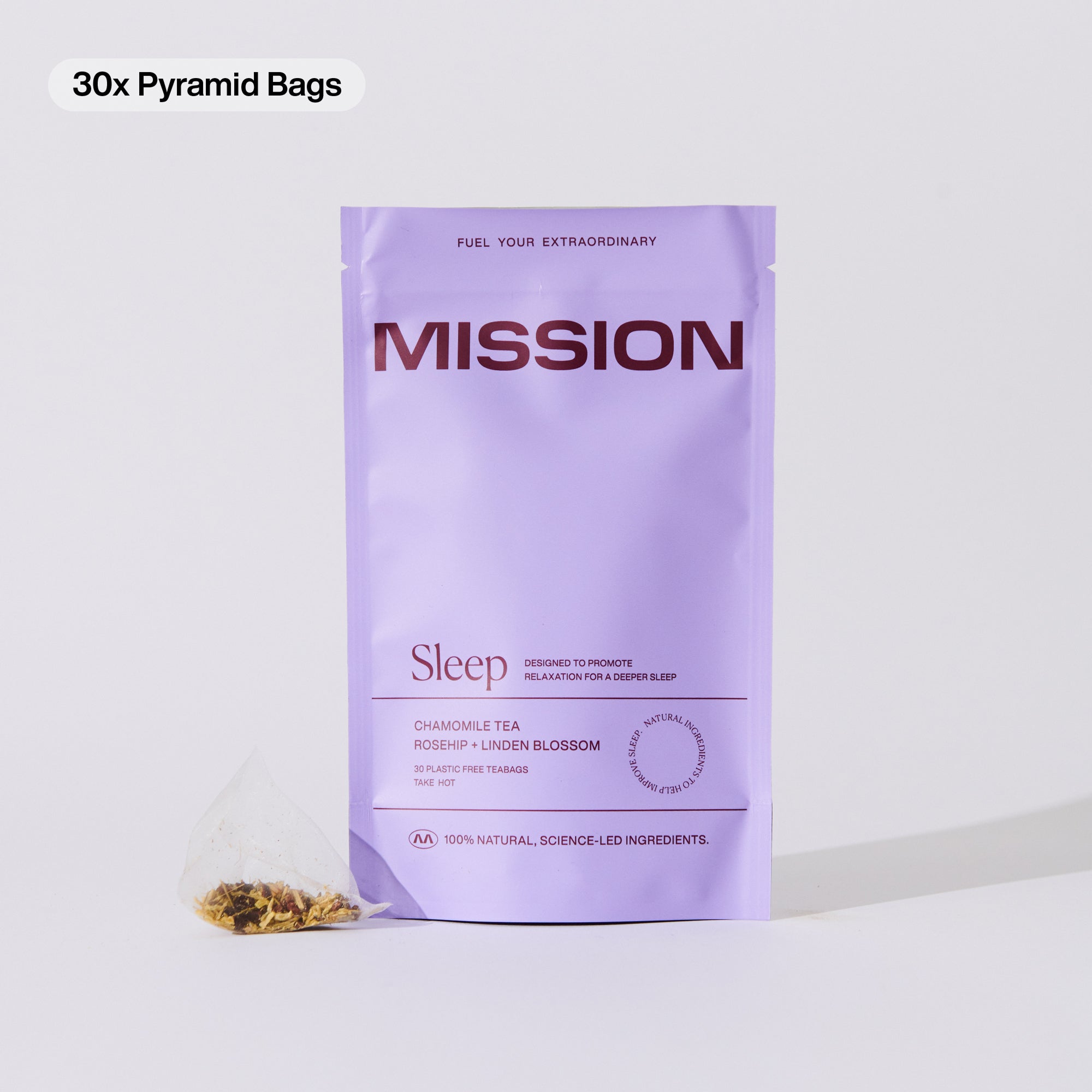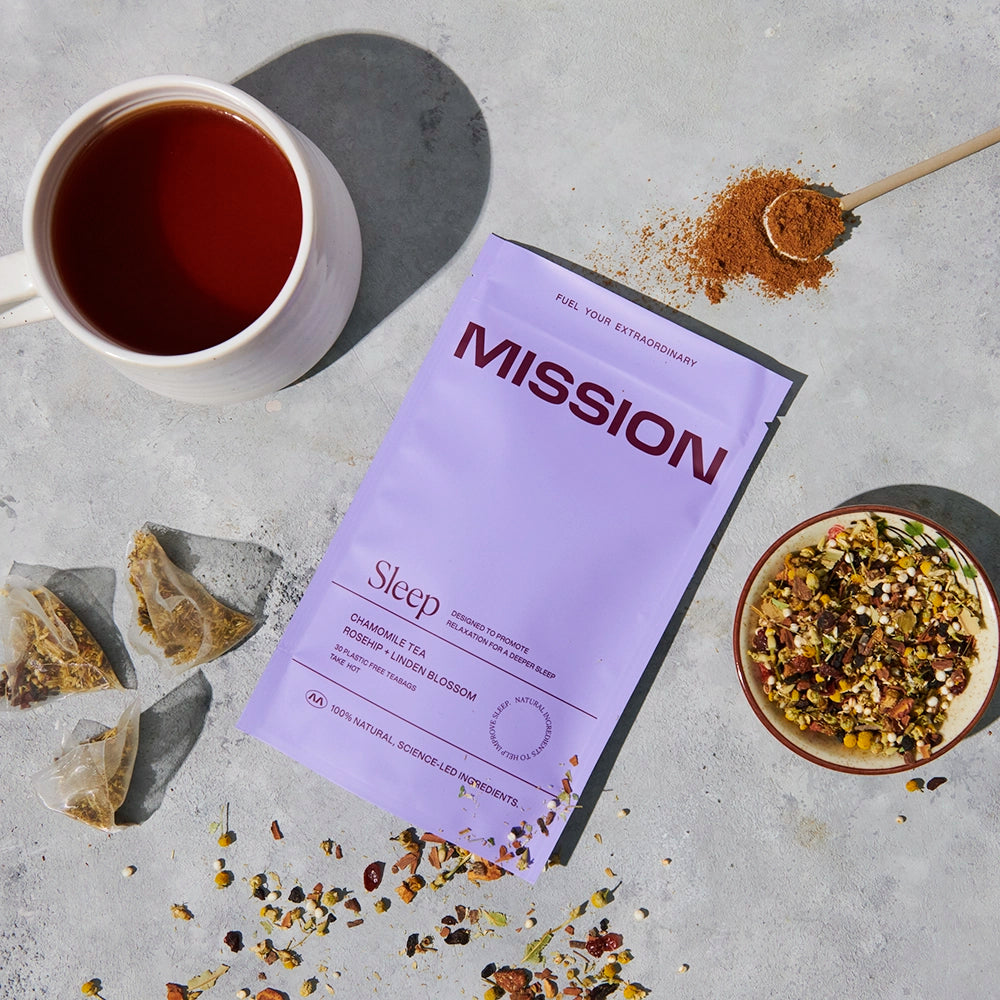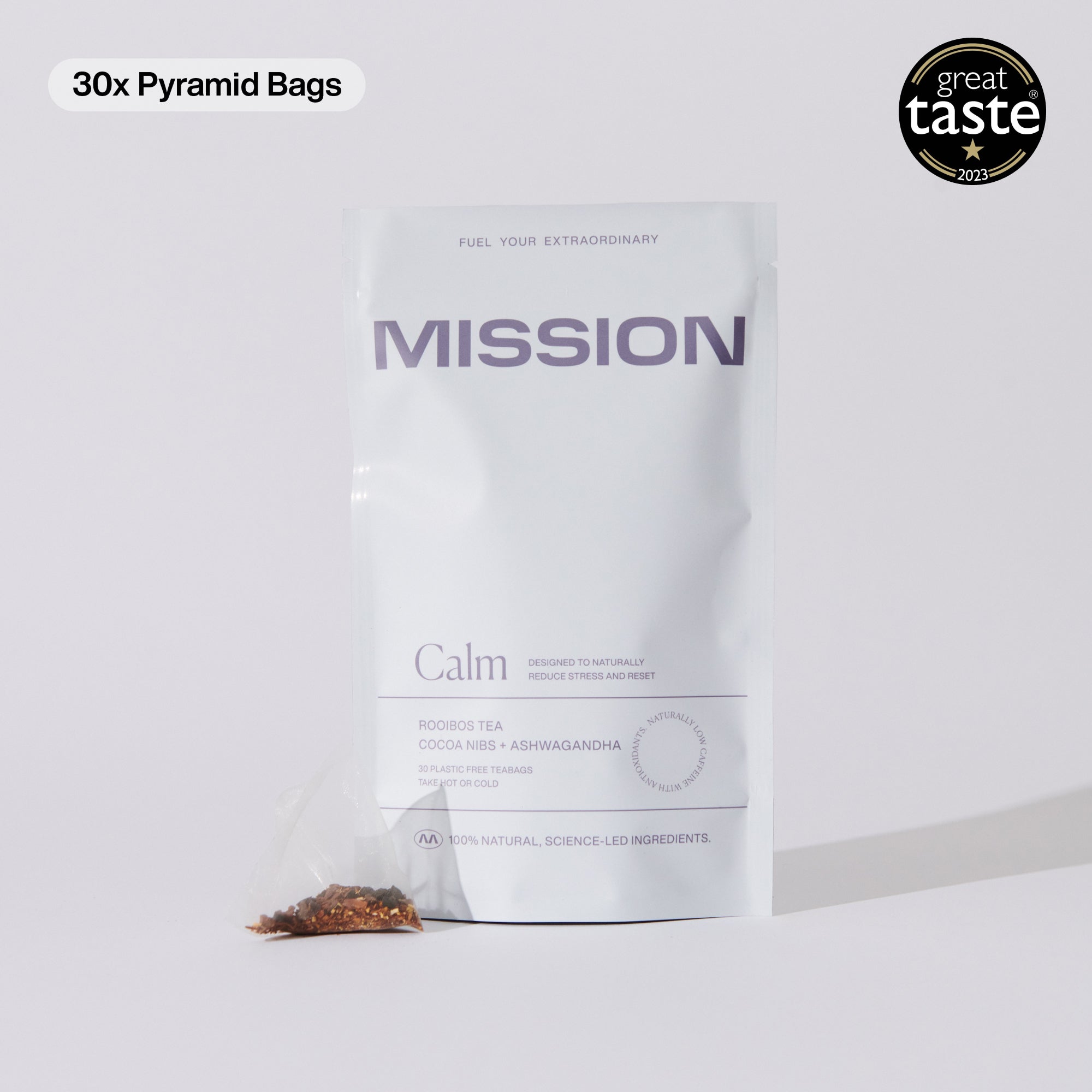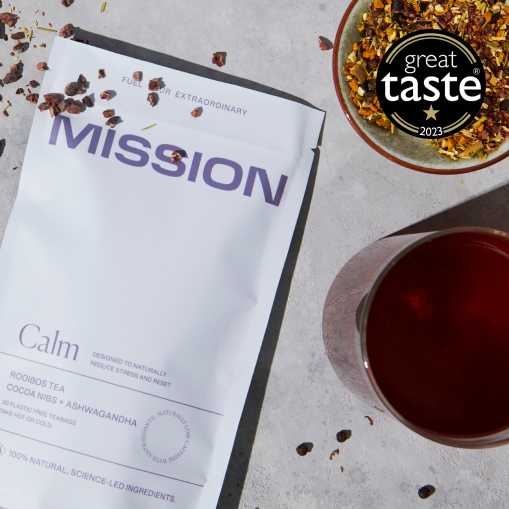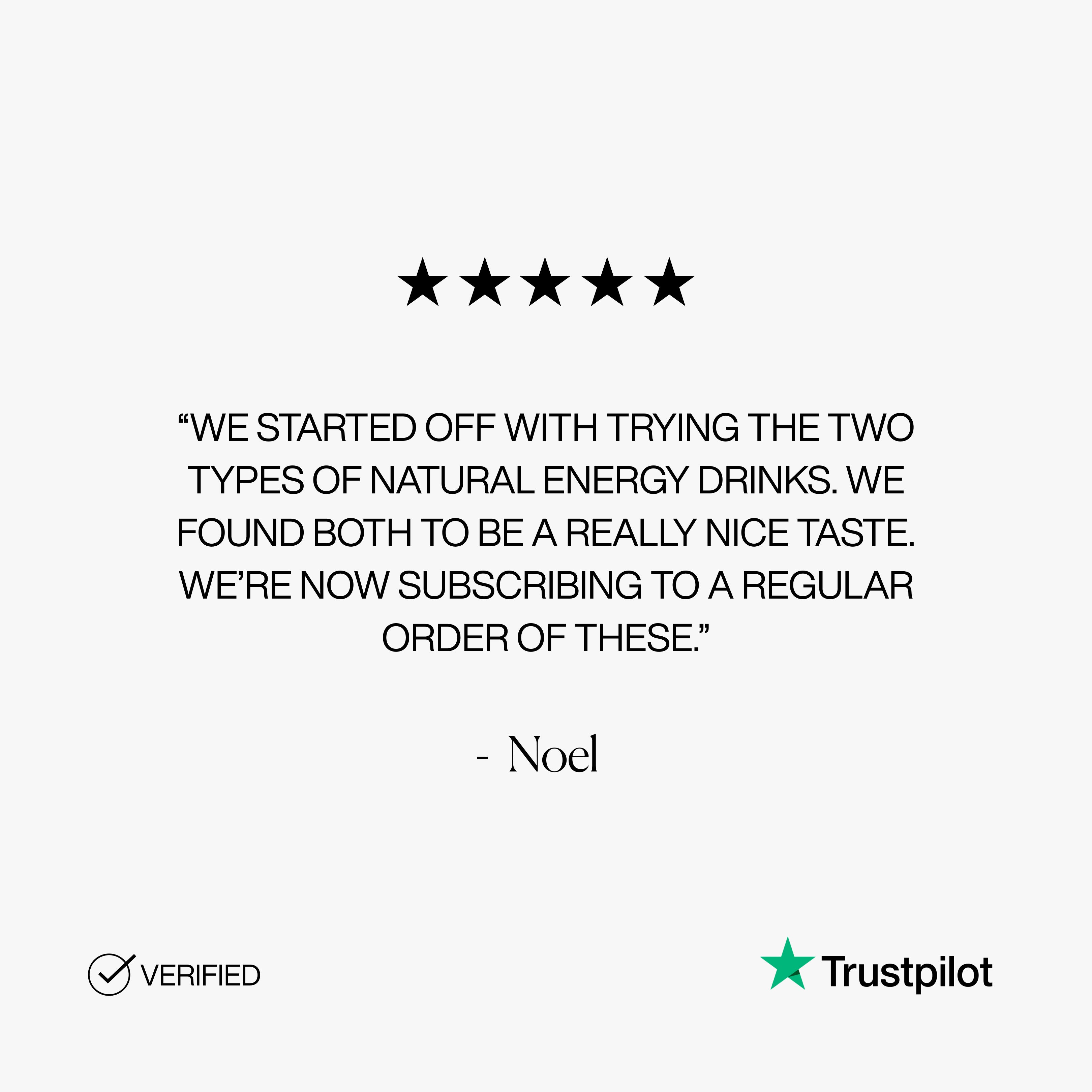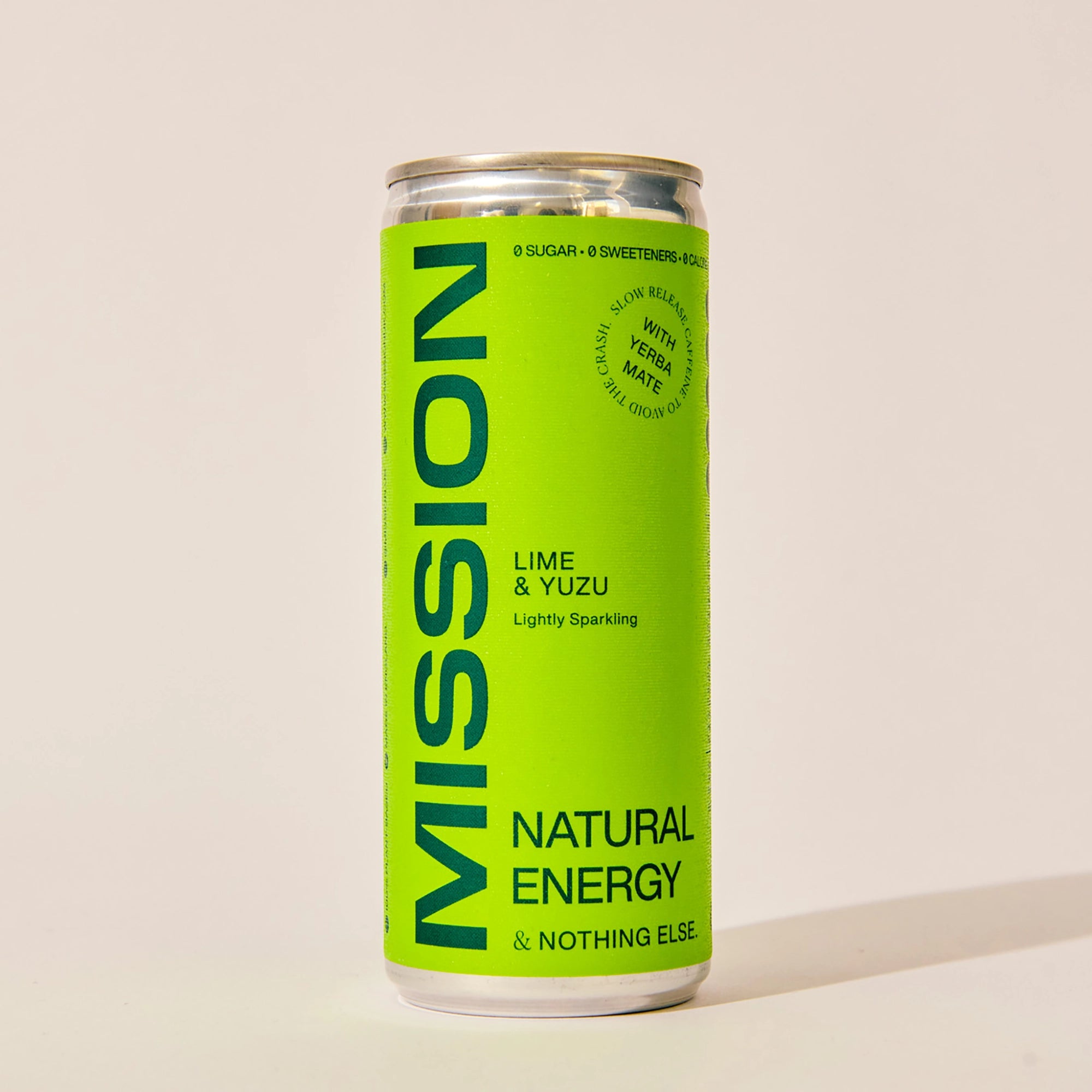Anxiety + nutrition
Whether you experience it constantly, or in bouts, anxiety is one of the most common mental health problems. In a recent survey, a quarter of adults said they felt so anxious that it stopped them from doing the things they want to do some or all of the time.

Lots of things can lead to feelings of anxiety, including exam pressures, relationships, work, finances or big life events. Anxiety presents differently across us all, however, common symptoms are feeling tight chested, increased heart rate, high blood pressure, loss of appetite, etc.,
These symptoms are also similar to those triggered by our stress response, in other words 'fight or flight'. It’s a vicious cycle whereby feeling anxious triggers a stress response, which leads to the physical symptoms: difficulty breathing, high heart rate, changes in appetite etc.
This vicious cycle of anxiety, as well as the multiple factors that contribute to it, makes it a complex issue to tackle. It’s not something we can overcome with a quick fix, but there are things that we can all do to help manage it.
Similarly to how anxiety presents in different people, management techniques will be different from person to person, too. Things that might help include being active, getting out in nature, surrounding yourself (and talking to) loved ones, practising breathing techniques, getting support to tackle money worries or career guidance. Another big one is eating well. The gut-brain axis is a well known phenomena. Here’s how you can manage feelings of anxiety through your nutrition, including things to add in to support your brain and help to manage feelings of anxiety.
FOODS FOR THE BRAIN:
Ashwaghanda
This is a herb that helps to reduce feelings of stress and anxiety through its interactions with several neurotransmitters and hormones. It has been found to lower cortisol levels (cortisol is one of our stress hormones). Reducing cortisol levels can help regulate the body's stress response and promote feelings of calmness.
Ashwagandha has also been shown to increase GABA levels in the brain. GABA is a neurotransmitter that helps to regulate anxiety levels and promote relaxation. People suffering from insomnia tend to have lower levels of GABA, but as a supplement itself, it is not well absorbed, therefore using Ashwagandha is a great way to naturally stimulate this production and contribute towards relaxation and improved sleep quality. Tea is a great way to take on Ashwagandha - our Recover and Calm blends are packed with it.
Serotonin is a neurotransmitter that plays a significant role in our mood (among many other functions). The body naturally produces serotonin, however, certain foods can help stimulate its production.
Tryptophan is an amino acid that is converted into serotonin. Foods high in tryptophan include turkey, chicken, eggs, cheese, tofu, and nuts such as almonds and walnuts for rich sources of this important amino acid.
Carbohydrates help the body absorb tryptophan, which, as highlighted above, increases serotonin production. You want to make sure you’re taking on good sources of carbohydrates (sometimes called complex carbohydrates) which includes whole grains, legumes, fruits, and vegetables.
 Cocoa is also a great source of tryptophan and is found in our Energise blend
Cocoa is also a great source of tryptophan and is found in our Energise blend
Omega-3 fatty acids
Omega-3’s help to regulate cortisol and adrenaline levels which increase when we are stressed/anxious. Omega-3's are also anti-inflammatory which is crucial as high inflammation is linked to depression, anxiety and other mental health issues. Good sources of omega-3s include fatty fish (such as salmon and sardines), flaxseeds, chia seeds, and walnuts.
Fermented foods
Around 90% of our serotonin is produced in our gut, so consuming gut friendly foods can indirectly help to boost serotonin levels. Fermented foods are full of probiotics and gut-friendly bacteria to keep the gut microbiome thriving. This includes food such as yoghurt, kefir, and kimchi or kombucha.
Green vegetables
It wouldn't be a nutrition post without mentioning green vegetables! Not only are they are abundant in antioxidants, vitamins and minerals, they should also get a shout-out for their direct links with helping to reduce anxiety. Particularly asparagus and spinach which have been found to decrease the secretion of cortisol.
As highlighted above, anxiety is a complex mental health problem that is multifaceted in both its triggers and its management. Fuelling up on brain-loving foods is one way to help regulate the hormonal side of anxiety, but it should not replace other techniques or treatments. If you are struggling with feeling anxious, please reach out for help. There are some incredible charities and resources, such as MIND that can help.





